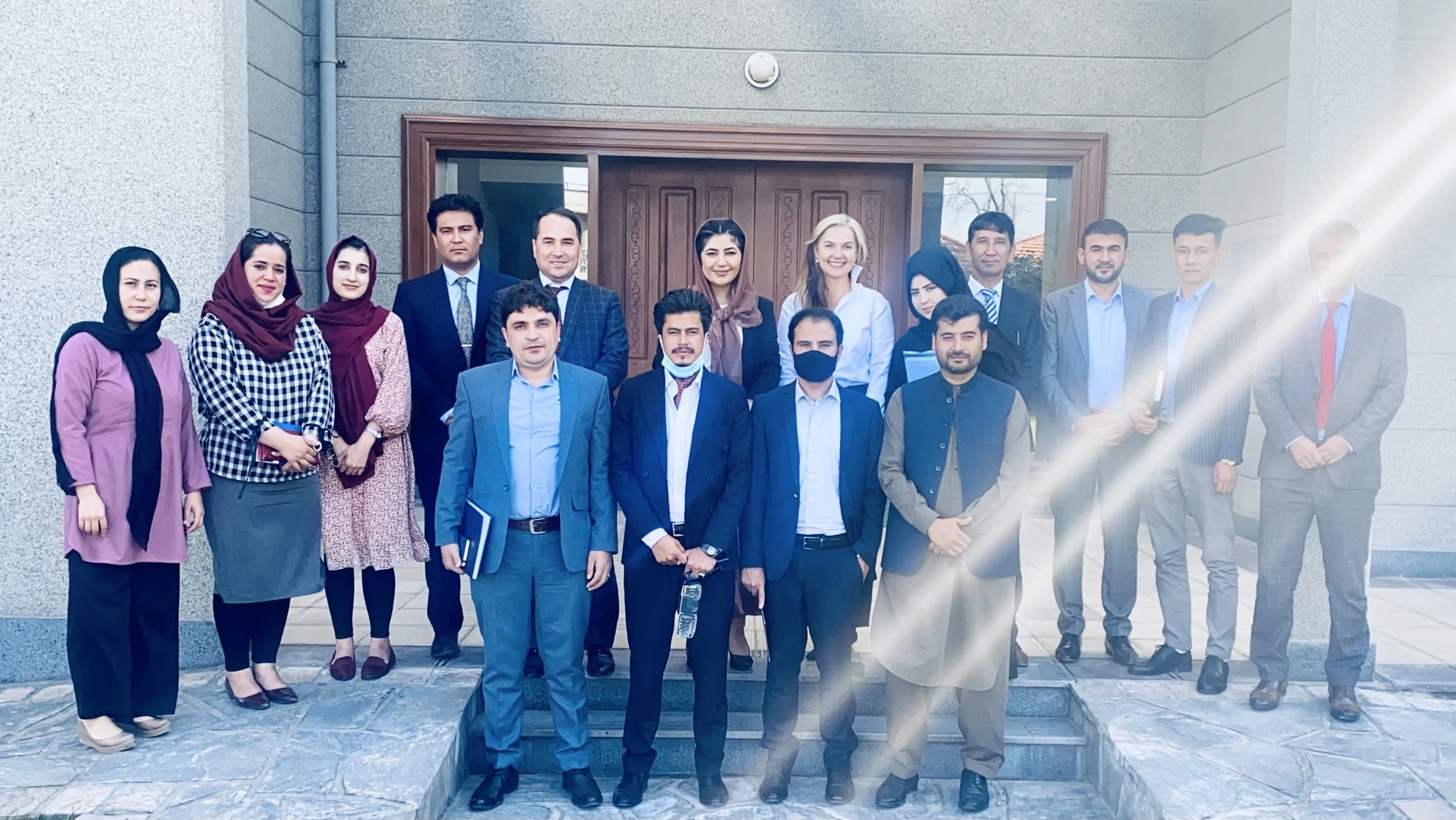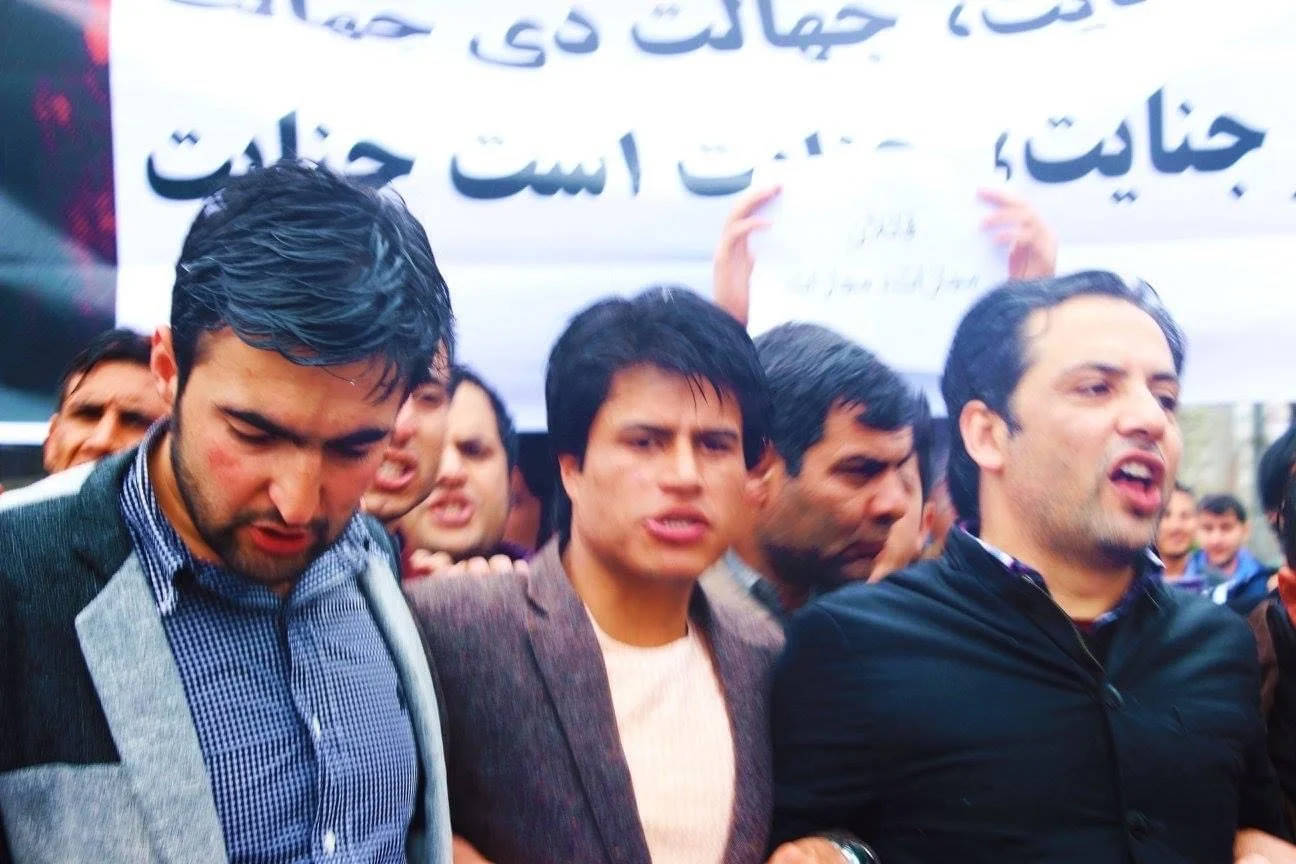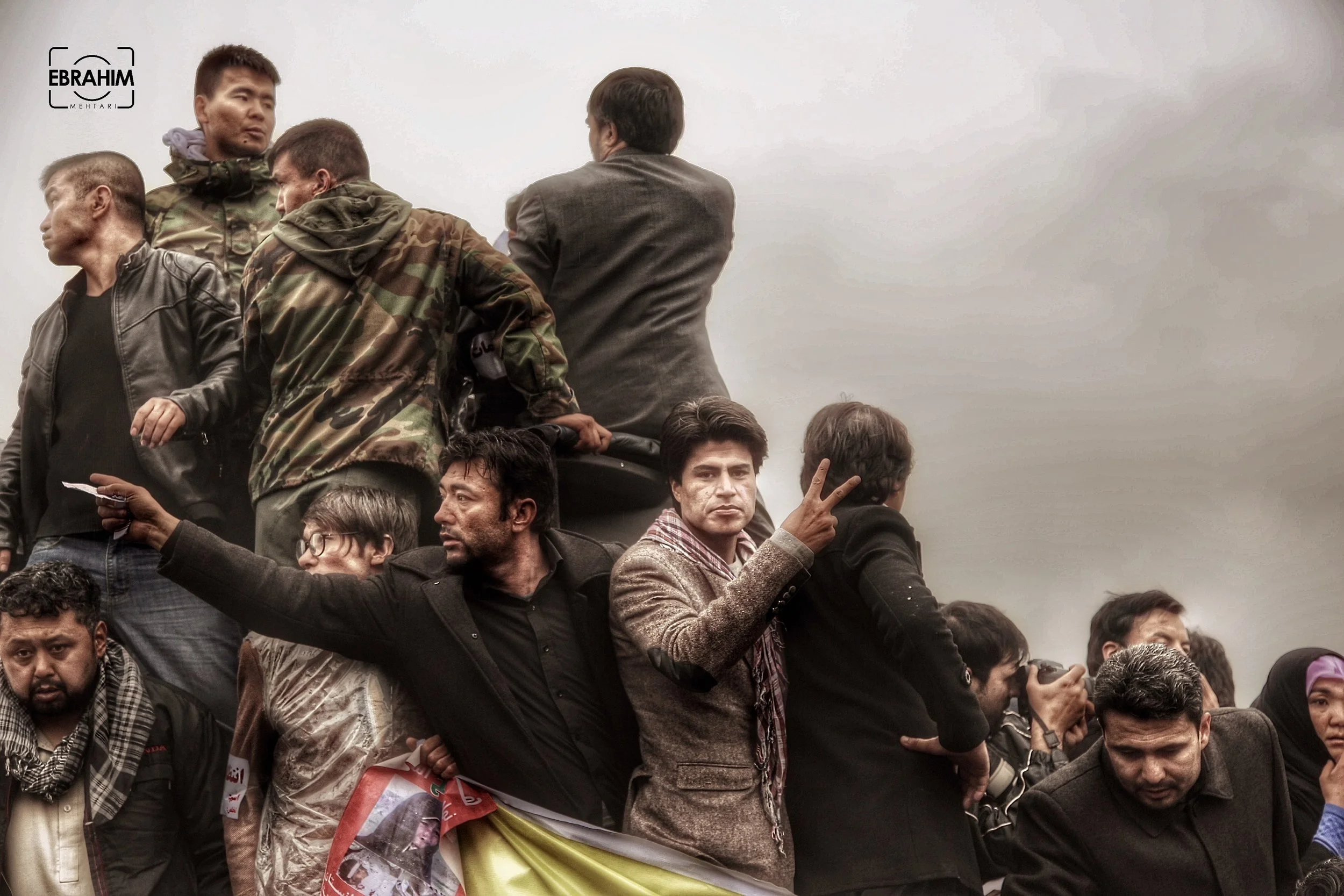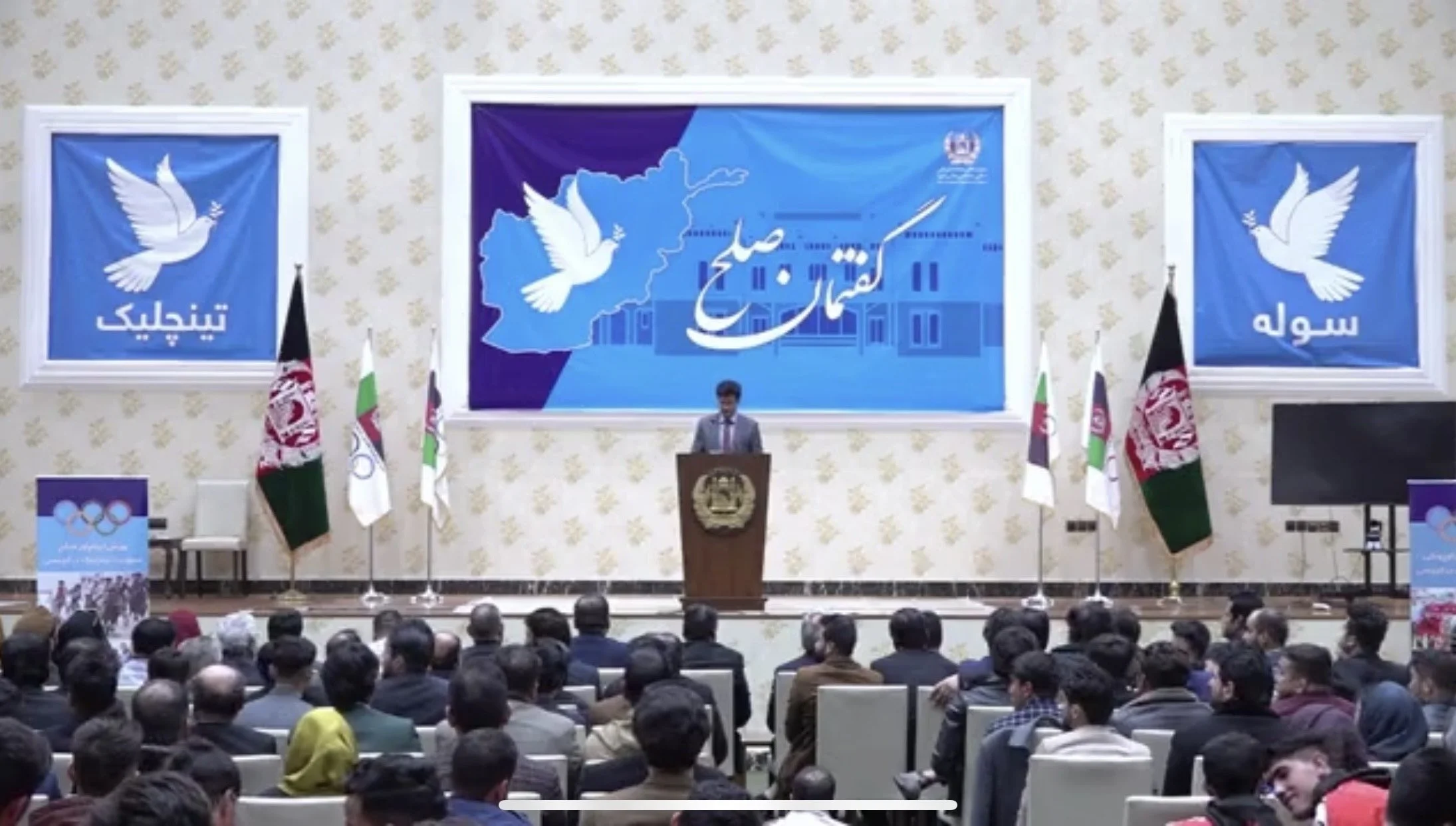Fahim Farwak
Today, if you do not forgive your father's killer, tomorrow his son will destroy you if he becomes strong, and after that, your son will destroy one of them. This ugly wheel will continue to spin and it is clear that it will not end well.
Pronouns: He/Him
Organisations: Human Rights Activists Union; No to Violence Organisation ( خشونت به نه ); Tadawom wa Eslah (newspaper)
Country of origin: Afghanistan
Profile
Fahim Farwak said he is a peacebuilder from Afghanistan who is devoted to the pursuit of peace in a nation marred by persistent violence. Born in Afghanistan, Fahim's early life was marked by forced displacement. He has served as the editor-in-chief of the political newspaper Tadawom wa Eslah, a role that allowed him to engage with critical political discourse. His dedication to peace further materialised in his role as an Ambassador for Peace during the Afghanistan Youth Peace National Jirga in 2012, where he actively advocated for peaceful conflict resolution. Moreover, Fahim has made significant contributions to human rights advocacy and humanitarian efforts, participating in numerous campaigns aimed at alleviating the suffering of those affected by conflict. His association with the Centre for Reform Studies, an organisation dedicated to researching and promoting democracy and peace in Afghanistan, underscores his commitment to addressing the root causes of conflict. In 2019, Fahim took a pivotal step in his peacebuilding journey by establishing the No to Violence Organisation (خشونت به نه). This organisation reflects his unwavering determination to promote peace, non-violence, and stability within his homeland. Fahim’s diverse experiences, extensive contributions, and dedicated leadership have all contributed to his work as an advocate for peace in Afghanistan, working towards a brighter and more peaceful future for the nation.
Story
Fahim has immigrated twice from his home in Afghanistan. Emigration, which was a protest against the war, happened the first time as a child, walking with his family to Kabul for refuge and then being forced to continue fleeing to Pakistan due to the 1995 siege of Kabul. Twenty-seven years later, he found himself embarking on a similar arduous journey when the Taliban seized control of Kabul — shaping Fahim's commitment to fostering non-violent resolutions to the protracted conflicts that have afflicted his homeland. Fahim’s multifaceted peacebuilding endeavours have positioned him as a distinguished figure within Afghanistan's peace landscape.
Fahim said his journey as a peace activist began with a profound understanding of the suffering his fellow countrymen endured due to violence and oppression. Fahim's involvement in youth activism and peacebuilding initiatives emerged from a desire to address the longstanding issues of violence and injustice in Afghanistan. He was driven by the fundamental question of why there was a lack of voices advocating for non-violence and peace in a country that had endured so much suffering.
Fahim's peace work has taken various forms over the years. In 2012, he played a key role in organising the Afghanistan Youth Peace National Jirga, a grand assembly that brought together 1,700 young people from across Afghanistan. The primary focus of this gathering was to discuss peace with the armed opposition to the Afghanistan government. He actively participated in the assembly, working as the secretary of the interim assembly, and contributing to the peacebuilding dialogue.
Throughout the years, Fahim has engaged in numerous activities that promote peace, social justice, and human rights. His endeavours include being the editor-in-chief of the newspaper Tadawom wa Eslah, organising campaigns for the rights of war victims, and leading demonstrations to prevent violence and defend women’s rights. He also became a member of the Center for Reform Studies, emphasising social justice and democracy.
In 2019, Fahim achieved a significant milestone by founding the No to Violence Organisation (NRO), committed to peacebuilding and strengthening women's rights. As the executive director of NRO, he continues to work towards the organisation's goals which include fostering peace, community development, social justice, and human rights education. Fahim has also been a senior member of the Youth Commission of the High Council for National Reconciliation.
Fahim said that despite facing numerous challenges, including personal security risks in the ever-changing political landscape of Afghanistan, his determination and resilience have allowed him to persist in his efforts to promote peace and non-violence. He said his journey as a peacebuilder continues to be guided by the fundamental belief that dialogue and non-violent solutions can help resolve complex conflicts.
Fahim and a large group of human rights activists recently founded the Human Rights Activists Union (HRAU) in 2023. He continues to emphasise peace, human rights, and social justice, and believes that even terrorists can be reformed – but not as an organisation. Following years of the brutal rule of the Taliban terrorist group over the people of Afghanistan, he added that terrorist organisations should be dissolved through sanctions and pressure, so that their members can regain the chance to join the society.
Published in 2024





